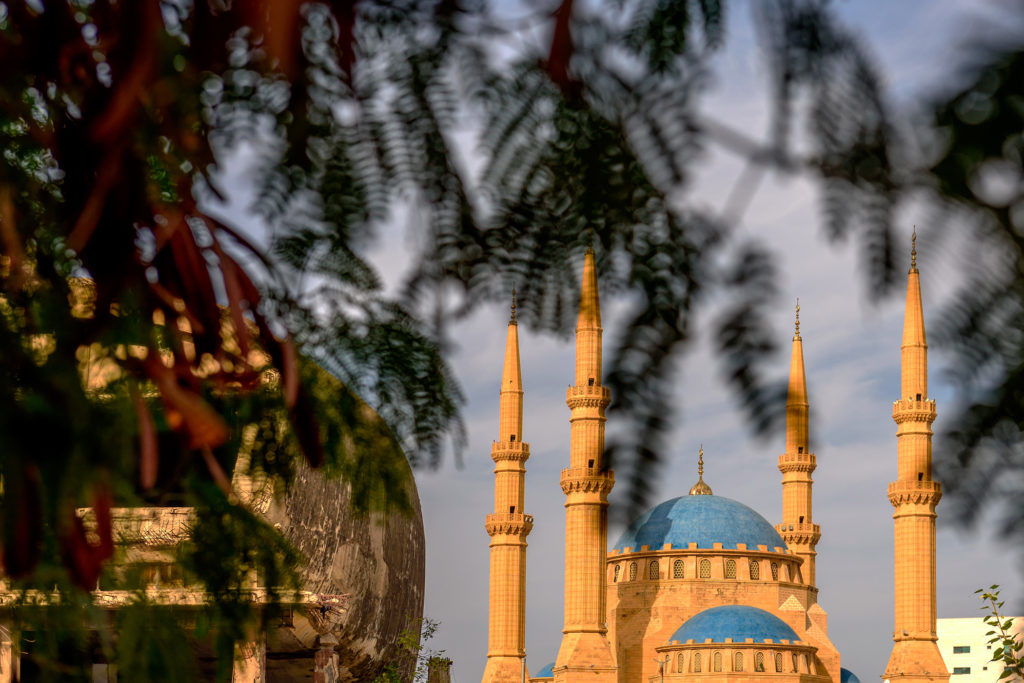“Beirut is the Elizabeth Taylor of cities: insane, beautiful, falling apart, aging and forever drama laden,” write Rabih Alameddine in An Unnecessary Woman. “She’ll also marry any infatuated suitor who promises to make her life more comfortable, no matter how inappropriate he is.”
If Alameddine captures a romantic vision of a city we all recognise, then Gibran Khalil Gibran’s Beirut is a kind of earthly paradise. In The Broken Wings, first published in Arabic in 1912, the city is “a bride in the spring,” “a mermaid sitting by the brook drying her smooth skin in the rays of the sun.” His narrator describes a city of gardens, filled with flowers and orange and apple trees wearing “garments of perfumed blossoms” that look like “brides sent by nature to inspire poets and excite the imagination.”
It’s a description unlikely to resonate with anyone familiar with today’s Beirut, disfigured by war and then again by reconstruction. Many contemporary novelists reflect on the war years in their work, but some were writing even while the conflict was still raging. In The Story of Zahra, London-based novelist Hanan al-Shaykh explored the effects of the war on a mentally unstable woman constrained and persecuted by the demands of a patriarchal society. Zahra’s peacetime Beirut is a place riddled with rules and expectations to which she never quite measures up. Paradoxically, Beirut at war is a city that grants her unexpected freedom.
In Beirut Blues, by contrast, Al-Shaykh’s protagonist Asmahan is torn between staying to watch the city she loves ripped apart by war, or fleeing to start a new life overseas. Her internal dilemma is expressed through a fragmented epistolary structure, consisting of a series of letters written to loved ones, to Beirut and to the war itself.

